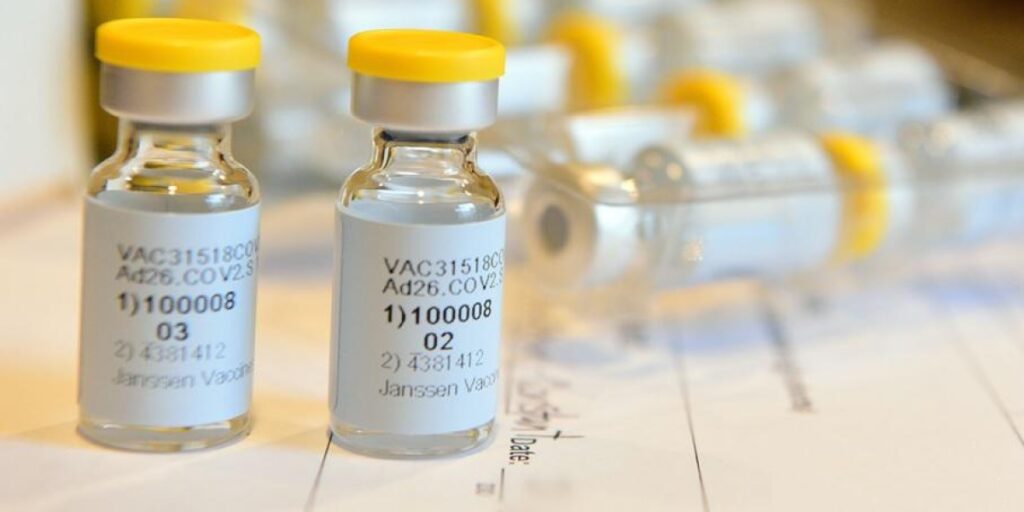That is because in the US, children under 18 make up about a quarter of the population but aren’t yet allowed to receive the shots. As well, about 30% of American adults claim they won’t get a covid-19 vaccine at all. Children and vaccine doubters together make up half the population.
By August, the three companies say, they will deliver the US enough vaccines for 400 million people, or more than the country’s population. That does not account for a fourth vaccine, manufactured by Novavax, that may also win US authorization.
“By the summer we will be in good shape. The question is how we navigate this space between now and June,” says Hotez.
Growing arsenal
The Johnson & Johnson shot joins a growing worldwide list of approved vaccines that includes the two messenger RNA vaccines, injections from AstraZeneca and Chinese manufacturers, and Russia’s “Sputnik” vaccine, all of which are in use outside the US.
People who get any of the vaccines will, on average, see their chance of dying from covid-19 plummet to near zero. That is down from an overall death rate of around 1.7% of diagnosed cases in the US—and a risk several times higher in elderly people.
The J&J shot has fewer side effects than the mRNA vaccines and has also proved effective against a highly transmissible South African variant of the virus that has accumulated numerous mutations.
The South Africa variant has alarmed researchers because it clearly decreases the effectiveness of some vaccines. A study in South Africa by AstraZeneca found its vaccine didn’t offer protection against the variant at all, causing officials to scrap a plan to distribute the shot there.
According to health minister Zweli Mkhize, South Africa is instead pivoting to the J&J vaccine, with a plan to vaccinate 80,000 health-care workers in the next two weeks.
This week, Moderna also said it would develop a shot tailored against the South African variant, and Pfizer indicated it was also preparing to counter new strains as they arise. Another strategy being contemplated to fend off variants is to give people extra booster doses of the current vaccines.
Some experts in the US continue to urge the government to adopt faster-paced vaccine schemes, like delaying second doses of the messenger RNA shots or using half doses, arguing that the more people who have “good enough” protection, the sooner the pandemic will end.
So far, though, it’s not clear what agency or official would be ready, or even legally authorized, to make that call.
“We are all scratching our heads about who could make that decision,” says Hotez. “And it all depends on how much urgency you feel. The big picture is if you know the numbers are going down, and feel they are going to stay down due to seasonality, then you have some breathing space. But if you are worried about variants, then you have a problem, and you want to vaccinate ahead of schedule.”
On NBC, Fauci said people shouldn’t wait for the best vaccine but take what’s offered. “Even one that may be somewhat less effective is still effective against severe disease, as we have seen with the J&J vaccine,” he said. “Get vaccinated when the vaccine is available to you.”
